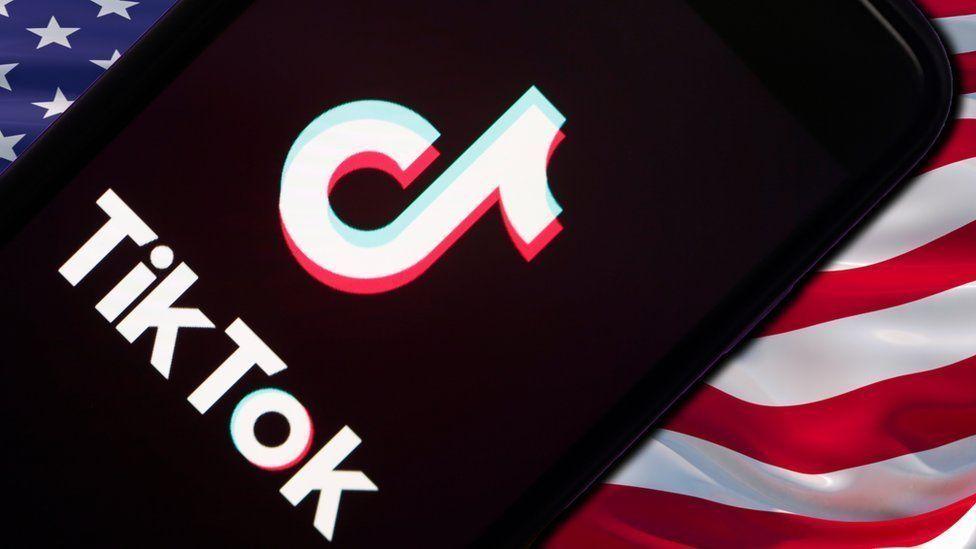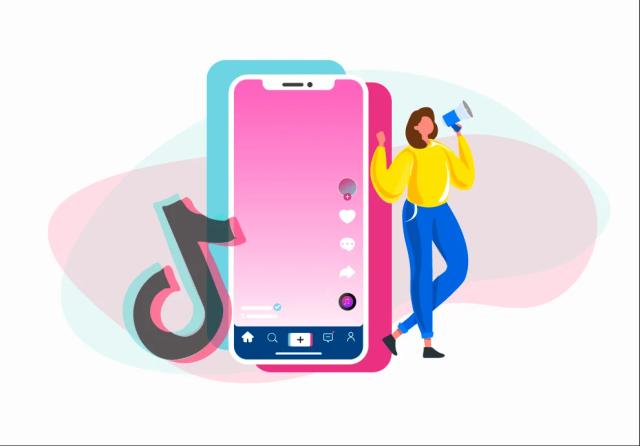Conspiracy theories on TikTok are gaining traction
Remember Pizzagate? It's understandable if this one got lost in the apparently endless loop of horrific events that have occurred since 2016, or if it feels like a distant fever dream.
Published: Jun 05, 2021

To refresh your memory, Pizzagate was a viral conspiracy theory that first surfaced in 2016. Multiple high-ranking Democratic Party leaders, including Hillary Clinton and her campaign manager, John Podesta, were allegedly involved in a human trafficking and child sex ring that operated out of the basement of Comet Ping Pong in Washington, D.C., according to the narrative. The conspiracy idea was debunked fully after a Pizzagate supporter approached the restaurant armed with an AR-15-style weapon and fired three shots before realizing there were no enslaved children to be found.
However, according to the Daily Beast, the theory is still alive and well, having found fresh life on TikTok.
On TikTok, the #Pizzagate hashtag has reached 80 million views. Related hashtags have amassed millions of views. While some of the footage is satire or mockery, or simply jumping on a popular topic in the hopes of gaining exposure, there are plenty of TikTokers who have picked up the Pizzagate ball and ran with it, mainly without irony. Many of the videos include TikTokers in front of a tweet claiming to reveal celebrities implicated in child sex trafficking. Others analyzed and "decoded" the wording of John Podesta's hacked emails, which sparked the 2016 Pizzagate scandal. Following WikiLeaks' publication of the Clinton campaign manager's conversations online, conspiracy theorists began deciphering alleged codes within the letters that they said revealed details about the child sex ring and human trafficking operation.
People who were at the forefront of the Pizzagate allegations, such as alt-right political activists Jack Posobiec and Mike Cernovich, have mostly abandoned the cause, and the FBI has designated Pizzagate conspiracy theorists as a potential terror threat. Many of the tenants of Pizzagate have survived because of QAnon, a far-right theory that claims Donald Trump is fighting a covert war with a so-called "deep state" cabal of powerful people who allegedly control most of the world's operations. QAnon is sometimes referred to as a Pizzagate branch, and it promotes the idea that many celebrities are implicated in child trafficking.
These assertions can also be seen in videos on TikTok with the hashtag #Pizzagate.
With roughly 50 million views, the hashtag #QAnon is also highly popular on the internet. Some of the posters that use these tags are exclusively dedicated to conspiratorial content, while some of the most prominent sharers of these conspiracies are otherwise ordinary TikTok users. According to the Daily Beast, a 17-year-old girl with over 150,000 followers has taken up the Pizzagate conspiracy. She normally produces dance videos that replicate historic events. Another 17-year-old from the United Kingdom, who has many TikToks with over one million views, has begun to promote Pizzagate to his fans.
This isn't the first time TikTok has become a haven for bizarre conspiracy theories.
Over the course of 2020, the platform has been besieged by debunked views. Mic contacted TikTok about the presence of conspiracy theories on its platform but received no response. While TikTok has prohibited Holocaust denial content and other videos that deny "well-documented and violent events have occurred," it has had a considerably more difficult time cracking down on conspiracies that say events are occurring rather than never occurring.
Researchers from First Draft, a non-profit fact-checking organization, discovered that TikTok included a lot of coronavirus conspiracy information. Users shared excerpts from Plandemic, an anti-vaccination conspiracy film that says the virus was manufactured in a lab and that masks really cause people to become infected rather than protect them. Because of the inaccurate and inaccurate medical information in the video, it was removed from Facebook, YouTube, Vimeo, and Twitter, but it was resurrected on TikTok. According to a story from the British daily, speculations relating the wireless network technology 5G to coronavirus have proliferated across TikTok.
For a variety of reasons, Tiktok is a sanctuary for this type of content.
The videos on the platform are short, catchy, and easily shareable, and digestible. Conspiracies often don't stand up to scrutiny but could make sense in a non-critical environment where users are just watching what comes scrolling across their screen. TikTok also doesn't have the fact-checking infrastructure that platforms like Facebook, Twitter, Instagram, and YouTube have (though those companies often fall short of stopping the spread of conspiracies, as well).
In April, the firm began to take these issues more seriously, creating a new option that allows viewers to submit movies that include incorrect information. However, as proven by Pizzagate's revival, the platform still has a lot of work to do. The app's "For You" feature has the potential to keep users glued to their screens for hours, yet, like YouTube's algorithms, it might lead users down rabbit holes of conspiracies and other disturbing notions. It appears that the platform created to make dance and lip-sync videos go viral isn't up to the task of dealing with a flood of conspiracy theories.
Disclaimer
The data provides is not authorized by TikTok. We are not an official partner of TikTok.
Use of materials from the resource is permitted only with a link to our resource.
Contact



